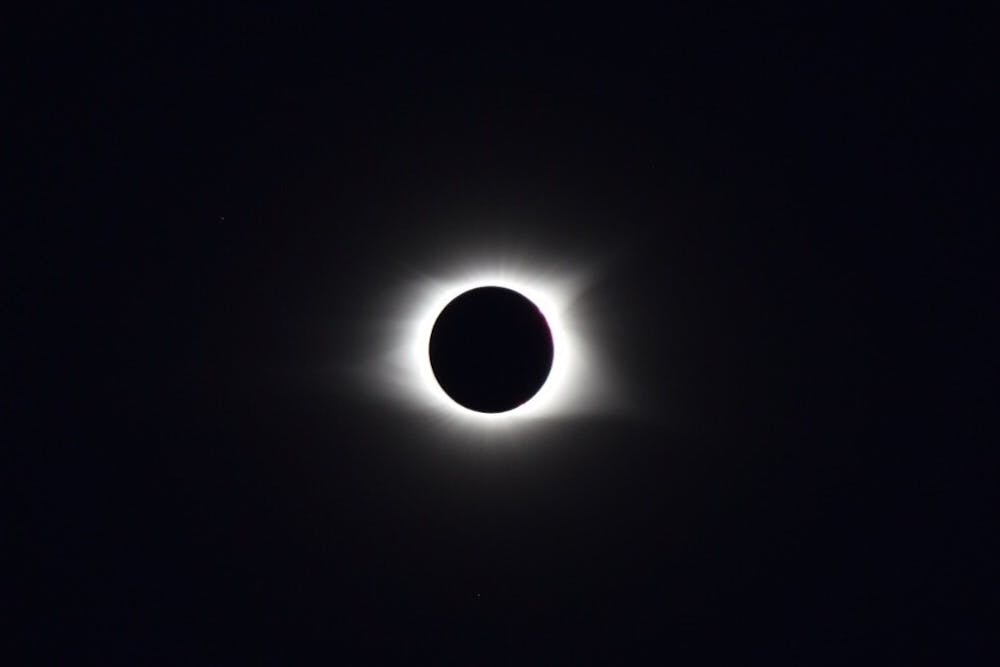The class of 2021 weren't the only new kids on campus Monday as thousands trekked to Columbia to witness the 2017 total solar eclipse. USC and the surrounding area experienced just over two and a half minutes of darkness in the middle of the afternoon.
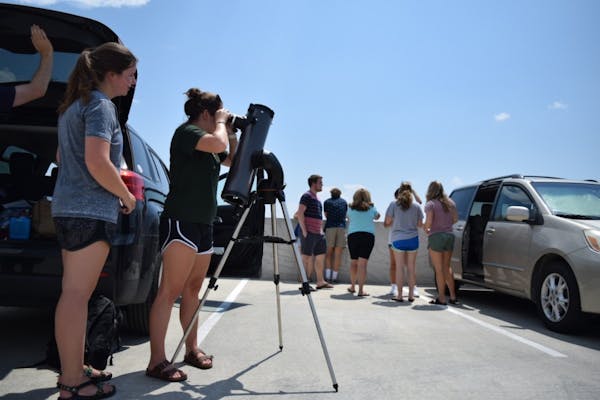
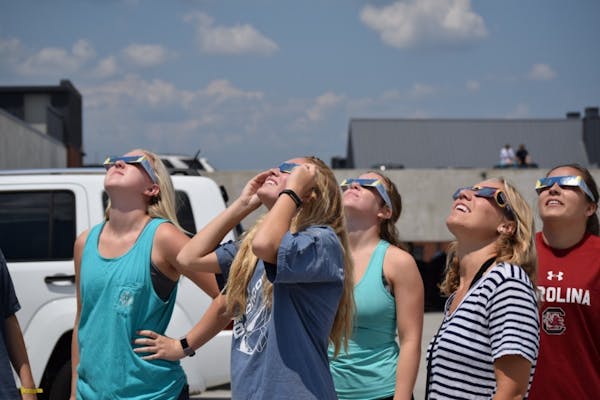

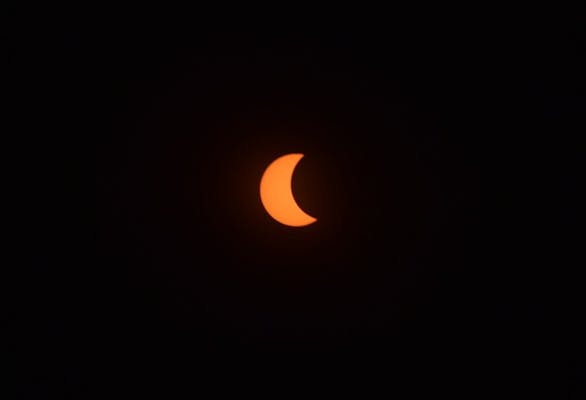
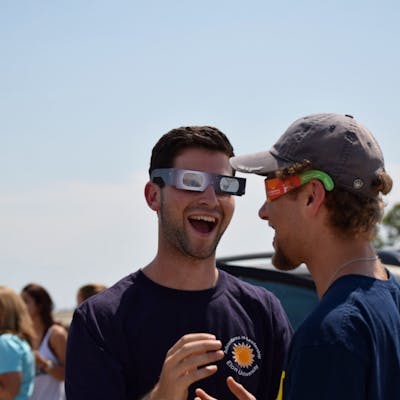
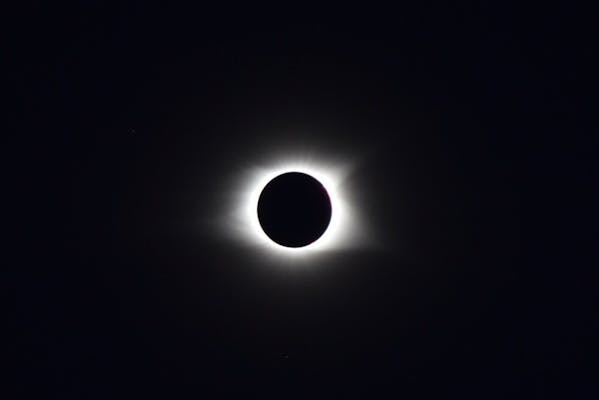
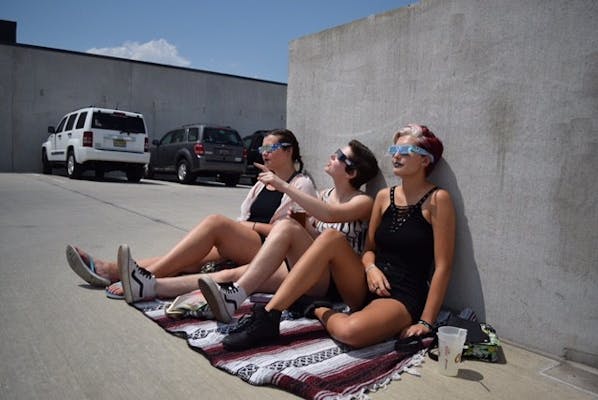
Fourth-year advertising student Grace Geary was one of the many who came out to witness the event. She joined friends outside Colonial Life Arena, one of USC's various viewing sites.
"Once in a lifetime just kind of says it all," she said.
Others gathered on the Horseshoe or even caught a glimpse of NASA scientists doing research on Greene Street. More than 120 eclipse-themed events were organized in and around Columbia, according to Total Eclipse Weekend. The city was marketed as the "eclipse capital of the East Coast," boasting the region's longest period of totality.
"I'm from Baltimore and I know people that are coming down from Baltimore to see it," Geary said. "It just does a lot for the city."
While many were entranced by the disappearing sun, others like second-year hospitality management student Madison Lloyd weren't as impressed.
"It's just something to do," she said.
Some viewers admitted to a bit of nerves about such a rare phenomenon, referencing warnings about the appearance of mythical beings like the "lizard man" during the period of totality.
"My phone hasn't been working for the past half hour," Geary said somewhat jokingly. "You never know what could happen during totality."
The Carolina Band greeted the sun's corona with a special rendition of Bonnie Tyler's "Total Eclipse of the Heart."
Humans weren't the only ones thrown off by the daytime darkness. Animals at Riverbanks Zoo reportedly displayed atypical behaviors, according to The State.
Even though the eclipse has passed, its effects will linger on campus and around Columbia.
University move-in day was purposefully scheduled after the eclipse, making it just two days before the first day of classes. Meanwhile, the economic impact of so many visitors could reach as much as $50 million.
Beyond the sheer volume of the numbers, some like Geary found a greater meaning in so many people coming together to witness the same event.
"With all the stuff that's happening in the world ... [I think] it's just important that we can all come together for this thing that's kind of crazy."
This was the first eclipse to cross the United States since 1979, and another won't occur until 2024.

